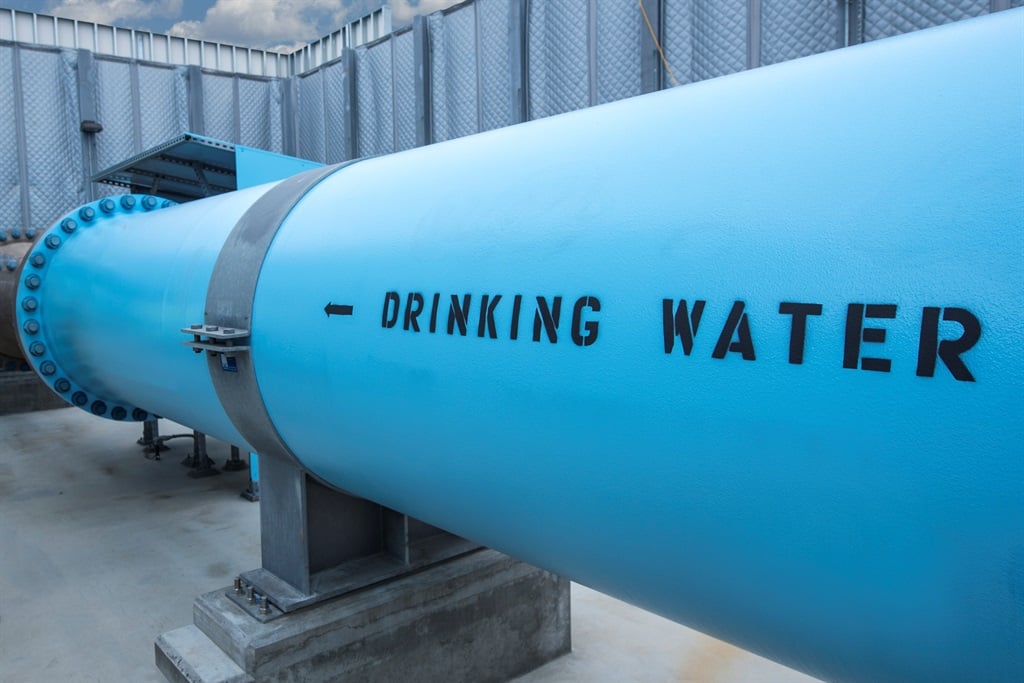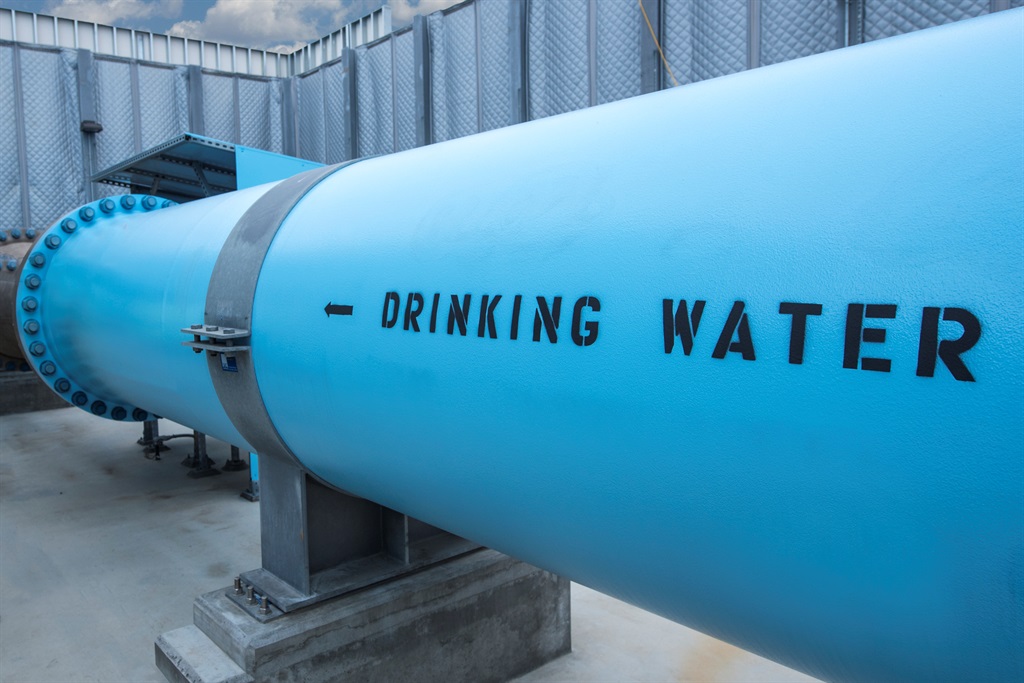

(Reed Kaestner/Getty Images)
Drought-prone Namibia, currently facing its worst drought in over a century, will start constructing its long-awaited second desalination plant in January 2025, the minister of agriculture said on Wednesday.
Approval for a second desalination plant with a capacity of about 20 million cubic metres has been granted, and the plant is expected to be commissioned by early 2027, said Calle Schlettwein, minister of agriculture, water and land reform.
The project has been on the cards since 1998.
Namibia, the world’s third-largest uranium producer, accounting for 11% of the global supply, is experiencing a surge in exploration activities and acquisitions in the uranium sector, increasing water demand.
Companies from Australia, Canada and Russia are rushing for a share in Namibia’s uranium industry, drawn by the country’s rich potential and favourable market conditions.
Critical minerals exploration and mining activities, as well as Namibia’s ambitious green hydrogen plans, targeting the production of 10–12 million metric tonnes of hydrogen equivalent per year by 2050, are also putting a strain on the country’s underground water reservoirs.
Mines in Namibia’s mining capital, Erongo region, near the coastal town of Swakopmund and the harbour town of Walvis Bay, have relied heavily on two groundwater aquifers and desalinated water from the privately owned Orano Desalination Plant, commissioned in 2010.
The sources have, however, reached their limit, supplying just under 30 million cubic metres per year.
“Our ambitious development plans, along with those of Walvis Bay and Swakopmund, increased mining activities, industrial demand, agriculture, and food production, have pushed projected demand beyond what these sources can deliver,” Schlettwein said.
Namibia’s economy is expected to grow by 3.7% in 2024, but the drought and water supply interruptions at the coast pose significant risks, according to the central bank.
In May, President Nangolo Mbumba declared a national state of emergency due to the worst drought in 100 years.

